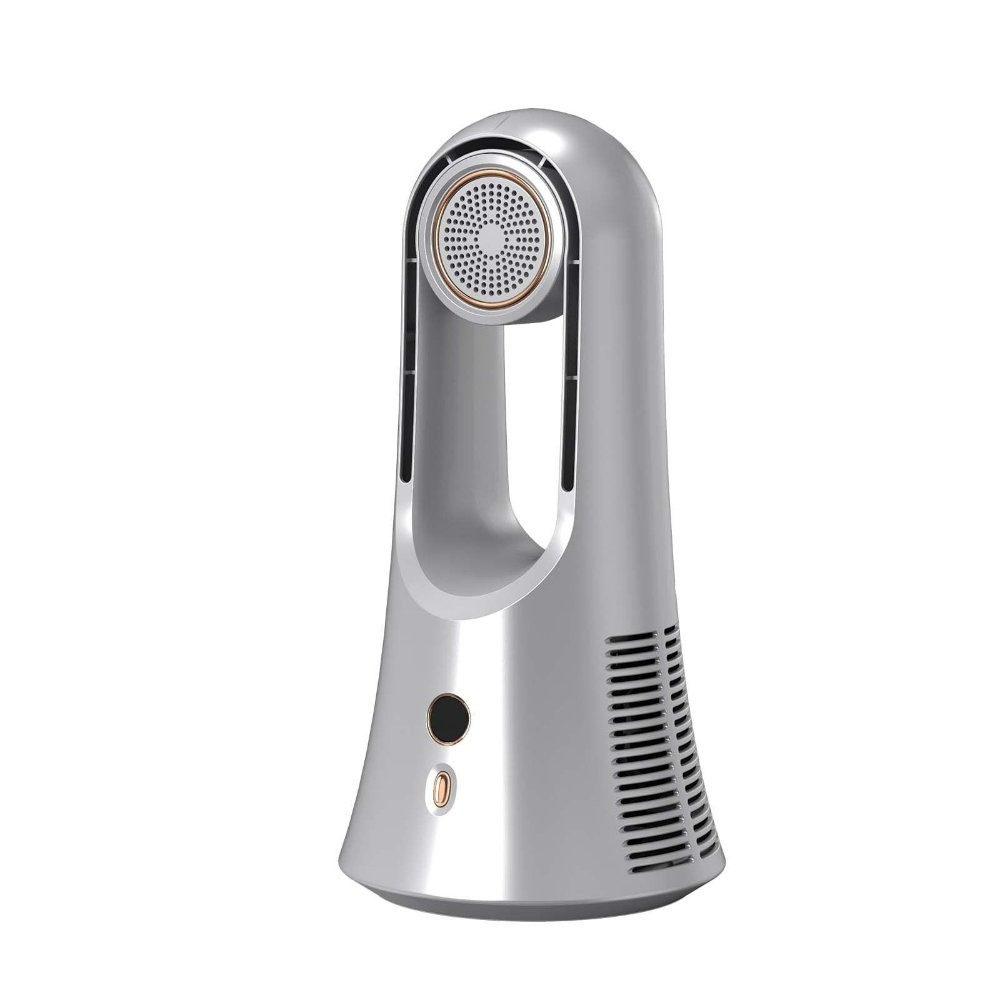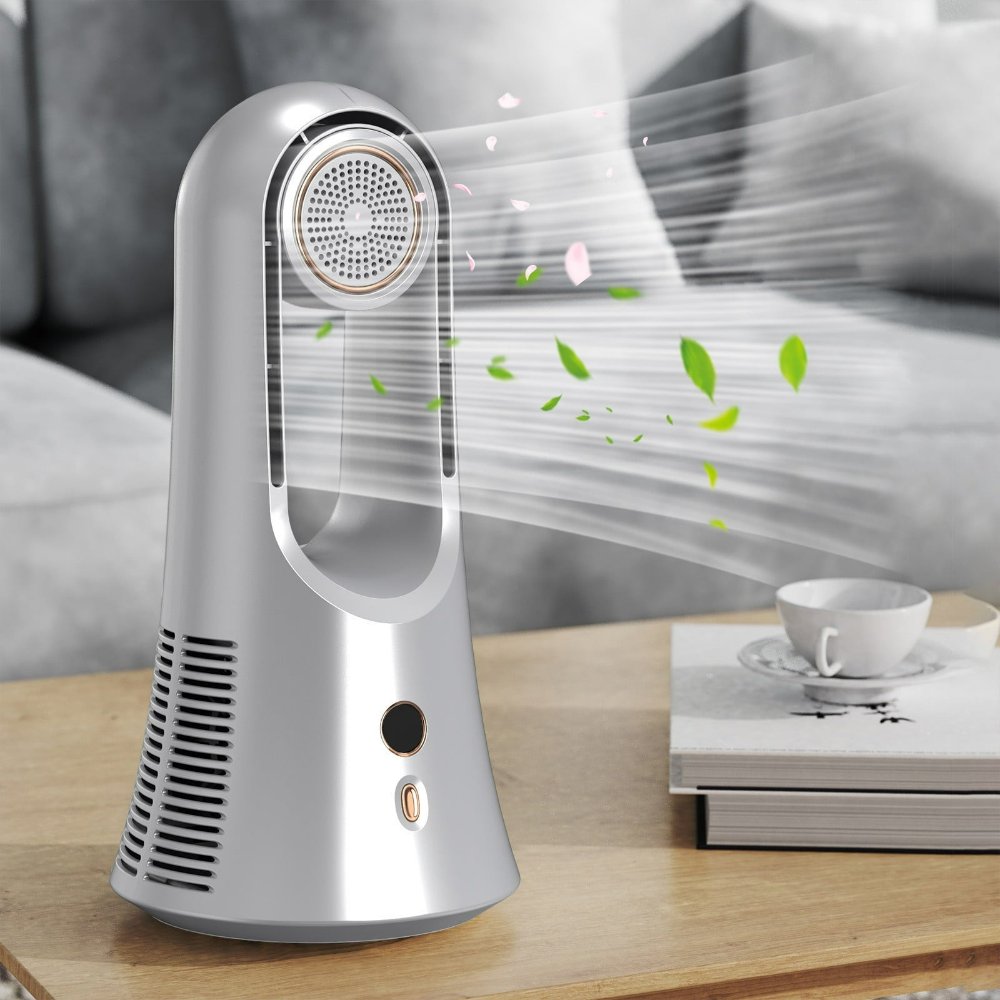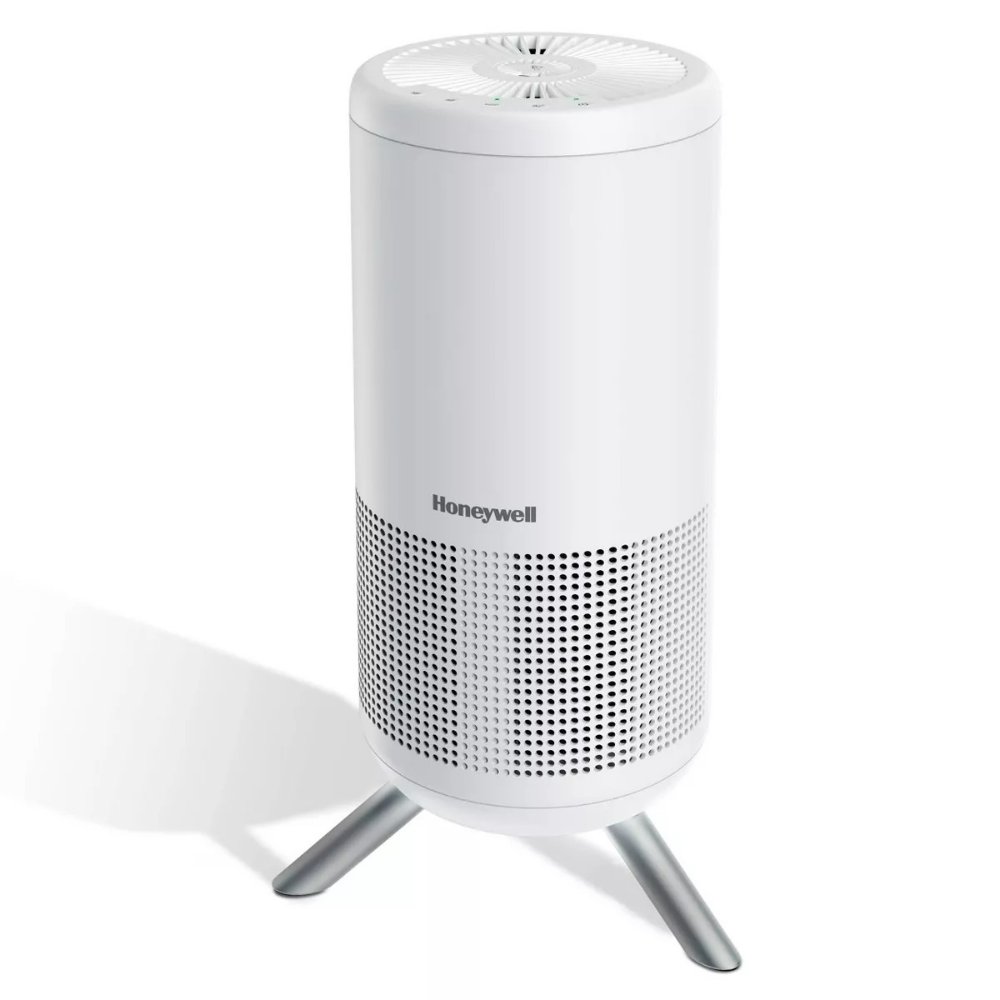In today’s fast-paced and industrially inclined world, maintaining clean indoor air quality has become an essential aspect of a healthy lifestyle. Air purifiers play a crucial role in ensuring the air we breathe indoors remains free of harmful pollutants, allergens, and even odors. But what exactly is the purpose of an air purifier, and how does it benefit us? This article delves deep into the multifaceted advantages of air purifiers while exploring their significance from various angles.
Understanding the Core Function: Air Purifier Explained
What is the purpose of an air purifier? The primary purpose of an air purifier is to remove contaminants from indoor air, thereby improving air quality. Air purifiers come equipped with different types of filters, such as HEPA (High-Efficiency Particulate Air) filters, activated carbon filters, and UV light technology, each developed to target specific pollutants. HEPA filters, for example, are designed to capture 99.97% of particles as small as 0.3 microns, including dust, pollen, and pet dander. Activated carbon filters excel at absorbing gases and odors, while UV light technology can neutralize bacteria and viruses. By employing this versatile technology, air purifiers work tirelessly to combat pollutants that compromise indoor air quality.
Indoor environments can harbor numerous pollutants, ranging from dust mites and pollen to volatile organic compounds (VOCs) emitted by household products. Air purifiers filter these pollutants out of the air, providing a cleaner, healthier space. Additionally, modern air purifiers function quietly and fit seamlessly into various living spaces, allowing you to reap their benefits without sacrificing comfort. Their ability to target multiple airborne pollutants makes air purifiers an indispensable component of any health-conscious home or office environment.

Enhancing Respiratory Health: The Impact of Air Purifiers on Allergies and Asthma
People suffering from allergies and asthma often find indoor air quality to be a significant concern, as airborne particles can exacerbate symptoms. The purpose of an air purifier extends to alleviating these health concerns by removing allergens such as pollen, mold spores, pet dander, and dust mite debris from the air. With a high-quality air purifier in place, individuals with respiratory issues can breathe easier, experience fewer allergy flare-ups, and enjoy an overall improvement in their quality of life.
Research indicates that exposure to clean air contributes to better respiratory health, which is particularly crucial for vulnerable populations like children, the elderly, and those with compromised immune systems. By meticulously filtering out triggers that lead to respiratory complications, air purifiers create a safer breathing space, reducing the risk of asthma attacks or allergy symptoms. Furthermore, reducing indoor exposure to allergens can alleviate stress and enhance mental well-being, providing users with a more peaceful and comfortable environment.
Eliminating Odors and Smoke: The Dual Role of Activated Carbon Filters
Unpleasant odors and smoke can significantly impact the comfort and ambiance of a living or working space. Activated carbon filters, integral to many air purifiers, target these unwanted elements efficiently. This filter type excels at trapping gaseous pollutants, including cigarette smoke, cooking odors, and volatile organic compounds (VOCs). By neutralizing these bothersome smells, air purifiers help maintain a fresh and inviting indoor atmosphere.
Whether you’re hosting a family gathering or allowing the air to clear after cooking your favorite meal, unwanted odors can be unpleasant and embarassing. With an effective air purifier, you can swiftly and effortlessly address these issues, ensuring your space remains welcoming and free from lingering smells. Considering how common cigarette smoke or strong cooking aromas are in many spaces, having an air purifier that can effectively manage these factors becomes a vital advantage. Moreover, exposure to smoke, especially tobacco, can pose significant health risks, making air purifiers a valuable addition to homes and offices.

Protecting Against Harmful Chemicals: The Role of Air Purifiers in Modern Homes
Indoor air quality can be compromised by various harmful chemicals, including those emitted by household cleaning products, paints, and building materials. These chemicals contribute to indoor air pollution, potentially affecting health over time. An air purifier identifies and traps many of these pollutants before they have a chance to cause harm, providing significant protection against the slow accumulation of hazardous substances.
Modern homes and offices often include potential sources of VOCs, such as new furniture, carpeting, or electronic devices. As these sources emit toxins, having an air purifier equipped with carbon or advanced HEPA filters ensures consistent purification of the air. Moreover, regular exposure to these compounds, over time, may contribute to headaches, respiratory problems, or even chronic illnesses. Therefore, proactive use of an air purifier is a strategic move toward a healthier indoor environment. The convenience of eliminating harmful chemicals plays a substantial role in improving not just immediate comfort but also long-term health.
Supporting Immune Systems: The Connection Between Air Quality and Overall Health
Air quality significantly impacts overall health, particularly immune system function. Poor air quality triggers inflammatory responses and places unnecessary stress on the immune system, making individuals more susceptible to illness. In improving air quality, the purpose of an air purifier transcends minor health benefits. It becomes a holistic health asset that empowers you and your family to maintain stronger immune systems and fewer health disruptions.
Addressing indoor air pollution through efficient purification can be pivotal in protecting individuals from common ailments and even serious health concerns. Clean air lessens the burden on the body’s natural defenses, leaving the immune system better equipped to battle infectious diseases. Continually consuming clean air helps rejuvenate the body, contributing positively to both physical and mental health. For anyone keen on prioritizing health, deploying an air purifier is a compelling and sensible investment that supports both personal well-being and ideal environmental conditions.
Choosing the Right Air Purifier: Factors to Consider
Selecting the appropriate air purifier for your needs requires consideration of several factors, including the size of the room, the specific pollutants present, and any unique health concerns. Evaluate the coverage area of each air purifier model and match it to your intended space for optimal efficiency. Some air purifiers offer settings tailored to address specific issues like allergens, smoke, or odors.
Additionally, the maintenance requirements and overall noise level of an air purifier can influence your decision. Opt for models that include washable filters or provide replacement reminders to ensure continued efficacy. Whether you prioritize silent operation or a model with a robust filtration capacity, conducting thorough research will allow you to make an informed choice that best suits your lifestyle and requirements. By aligning your selection with your specific needs, you maximize the potential benefits of this essential appliance.

Integration with Smart Home Technology: The Evolution of Air Purifiers
As technology advances, so do the capabilities of household appliances, including air purifiers. Modern air purifiers often integrate with smart home systems, allowing users to monitor air quality in real-time, set schedules, and control them remotely via smartphone apps. This seamless integration provides greater convenience, as users can ensure their air purifier operates efficiently even when they’re not at home.
Explore the features offered by smart air purifiers, such as air quality sensors that adjust purification levels automatically based on detected pollutants. This innovation ensures that your indoor environment remains optimal without requiring constant oversight. Additionally, enhancements in smart technology facilitate energy-saving practices, adding a layer of environmental consciousness to your air purification routine. For tech-savvy individuals or those simply looking to simplify their lives, choosing a smart air purifier represents a forward-thinking investment in both air quality and modern living.
Conclusion: Why Air Purifiers are Essential for Healthy Living
Understanding the purpose of an air purifier and its many benefits underscores its importance in maintaining a healthy indoor environment. From mitigating allergies and asthma risks to removing odors, chemicals, and pollutants, air purifiers provide holistic support for both immediate comfort and long-term health.
Given the reality of modern urban living and the numerous indoor pollutants we encounter daily, investing in an air purifier is more than just ensuring clean air; it’s about securing a healthier future. By arming oneself with the knowledge of air purifier benefits and selecting the model that fits personal conditions and preferences, one takes a vital step toward achieving a safer, healthier living or working space.
As air quality becomes an increasingly important focus in global health discussions, implementing practical and thoroughly researched solutions like air purifiers remains a key strategy for anyone committed to optimizing their indoor environment. Embrace this vital technology and prioritize a cleaner, healthier lifestyle aided by the profound capabilities of air purifiers.